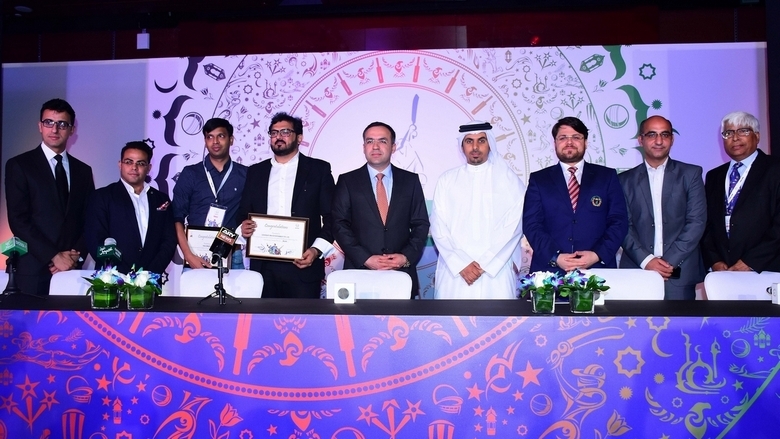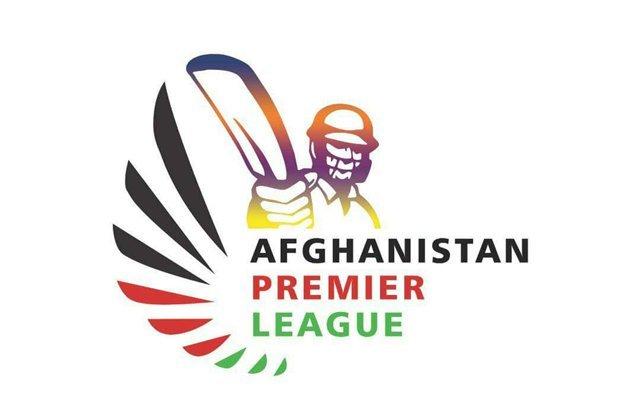KABUL (Pajhwok): The International Cricket Council (ICC) has raised a string of issues encountered in connection with the 2018 edition of the Afghanistan Premier League (APL).
Pajhwok Afghan News has reliably learnt that the tournament resulted in 10 investigations into corruption-related incidents involving 20 suspects.
“The investigations are ongoing and it is anticipated that a number of persons will be charged with breaches of the anti-corruption code,” revealed a source, who shared documentary evidence with this scribe.
Ahead of the event, meetings were held with the Afghanistan Cricket Board (ACB) chief executive and subsequently with the Snixer Sports CEO.
At a meeting with ACU General Manager Alex Marshall, Shafiq Stanikzai was informed the APL was a high-risk tournament being targeted by corruptors and that he needed to be careful about who was employed to organise the event.
Ashish Sethi was subsequently contracted by ACB to organise APL. Basheer Stanekzai was also told about the threat to the event and the requirement for due diligence before appointing franchise owners, broadcasters, production companies and sponsors.
Extensive delays occurred in putting in place the necessary systems and personnel to manage the lead-up to the tournament. This resulted in a chaotic approach to accreditation, ownership issues and the subsequent running of the event.
As a consequence the risk to the integrity of the tournament significantly rose. “In the future, this must be avoided to prevent a repetition of these issues,” says report submitted to ACB.
Accreditation
Meetings were only held with ACU staff to explain accreditation systems in September 2018 — too late to properly manage the process. An experienced company was employed to manage accreditation.
But even at this late stage they were not ‘on board’ with the ACB. The accreditation system was using a Google link that was not fit for the purpose, particularly when uploading bulk documents.
The accreditation was handled in its entirety by one person with significant experience. He was also given other responsibilities. Further support was offered by the ACB but never materialised.
Approval for accreditation was rudimentary, with no audit trail. Pressure was applied by Shir Hamkar and Basheer Stankizai on the accreditation manager to issue accreditations at the last minute. This created further risks from an integrity and security perspective.
Team ownership
ACB officials were repeatedly asked for details of the franchise owners by the ICC ACU without the information being provided. When owners were appointed before the event, they were changed without notification and information supplied was contradictory and inconsistent.
As late as October 11, there was no clarity as to who the owners were. The only time that clarity was obtained was on the 18th of October, during the tournament, when at a meeting signed contracts were provided to the ACU.
Franchise owners were then changed during the tournament, further adding to the chaotic picture, said the report shared with the CAN CEO.
The ICC ACU needed to have clear contracts signed in time with clarity around roles of the officials connected with the franchise. The absence of this created legal risks for the tournament and ACB.
According to the report, the organisers should also be able to identify any person who has a financial stake in the franchise. The ICC experience shows corruptors will attempt to give financial backing while hidden behind the legitimate owner.
The ACB Anti Corruption Code was not in place until October 1, 2018. The ACU mentioned one approach to a player to corrupt the tournament. It took place before this date, however the ACU is unable to progress a prosecution for this because the code was not in place.
Payment methods
The ICC ACU =did receive reports that money was held back from players who were unclear of the purpose. It later transpired this was in connection with potential VAT payments under UAE law and that receipts for the same were given.
Payments were reportedly made in cash and that Basheer and Hamkar of ACB collected ‘agent fees’ from local Afghan players for representing them.
The cricketers claimed there was no such representation and this was merely taking money from them without their permission. There were also reports of them selecting players for the tournament for payment as well as the ‘agent fee’.
But Bashir Stanikzai has strongly rejected the allegations.
He told Pajhwok Afghan News that he did not take money from players nor he made any other wrongdoing. He said media should interview athletes and if anyone proved him guilty he would apologize and submit himself to the attorney office.
Sheer Agha Hamkar, who served as Manager for the national team and currently his job is suspended, rejected the allegations leveled against him.
He said the information disseminated was not an ICC report but sent to the ACB for training purpose in order to bring efficiency in the routine work.
“Most of the players appointed me as their manager and I have their contracts with me and worked with them on the bases of their desire. I am ready to hold myself accountable to the nation,” he said.
He said he was sent to the APL officially by the administration but when understood that working with players was in contradiction with the official duty then he sided himself.
Hamkar said he was nothing to do with certificated and his only role was managerial which he discharged according to the law.
He added some individuals hitched conspiracies to malign him and pledged to reveal facts soon.
The ICC ACU is expected to release the full detailed report on APL in few weeks.
Snixer Sports
It is a company with registrations in Dubai and India. The two principals associated with it are Ashish Sethi and Vikas Yadav, neither individual has experience in organising an event of this size and complexity.
“The company does not appear to have any permanent staff, they acknowledge that the tournament is learning for them and the contract was awarded to them on the basis of Snixer Sports were taking the financial risks rather than ACB.”
The ACU was provided with intelligence linking Sethi to a separate investigation (not APL-connected) which culminated in an approach to a national team captain. This centered on a proposal for a T20 league in Zimbabwe where Sethi was one of four individuals named as willing to organise the tournament.
Sethi denied any knowledge of the approach or corrupt involvement and said he merely assisted with the presentation that was to be used by others as part of the proposal. A known corruptor was one of the others involved, Sethi denied knowing him.
Abishek Nathani is the joint managing director of an Indian packaging company having a 30% interest in Snixer Sports. The ACU believed the connection was made as a family friend of Sethi. Nathani was present for the APL and had access to owners and players.
During the tournament, Nathani made a clear approach to a player to fix in a match in the APL, there is unassailable evidence of this. Nathani is not a participant and cannot be charged by the ACU..jpg)
Investigations
The unit has 10 investigations stemming from the APL, including 12 victims/ witnesses and 20 suspects. Enquiries and interviews have been conducted in 4 countries and 5 suspects’ phones have been seized, using download powers.
“Where the suspects are non participants under the Anti-Corruption Code, we have sought to disrupt their activities. Where the suspects are participants, a number of charging recommendations will be made in the coming weeks,” said the report.
The investigations are ongoing and the whole process is likely to continue for many months.
Conclusions
The APL represented the biggest challenge to the capacity and resources of the ACU for many years. The event provided a constant flow of reports from participants and interventions to protect the integrity of the tournament.
“No other tournament has come close to this level of threat in recent years,” the report said, adding the biggest issue was with the team owners.
There was a complete lack of transparency and clarity around who was funding the teams and what roles individuals had been signed up to.
The chaotic organisation created an environment where people with dubious integrity felt that they could make approaches with impunity and with no real risk to themselves.
People with corrupt intentions infiltrated the franchises and created a risk to players and the reputation of the ACB. While the ACB hold ultimate responsibility for the tournament, Snixer Sports was employed to deliver it, including selling franchises and sponsorship.
The ICC ACU would anticipate that the ACB would have many difficult questions of Snixer Sports around their management of the 2018 event.
Corruptors would always try to threaten a tournament that they perceived as vulnerable, professionalism, experience and integrity were the organisers’ safeguard against these threats, the report concluded.







GET IN TOUCH
NEWSLETTER
SUGGEST A STORY
PAJHWOK MOBILE APP